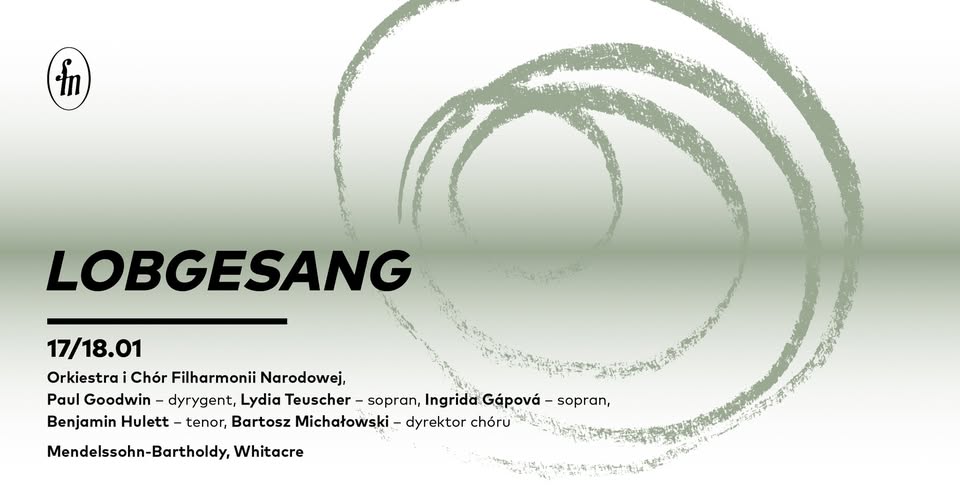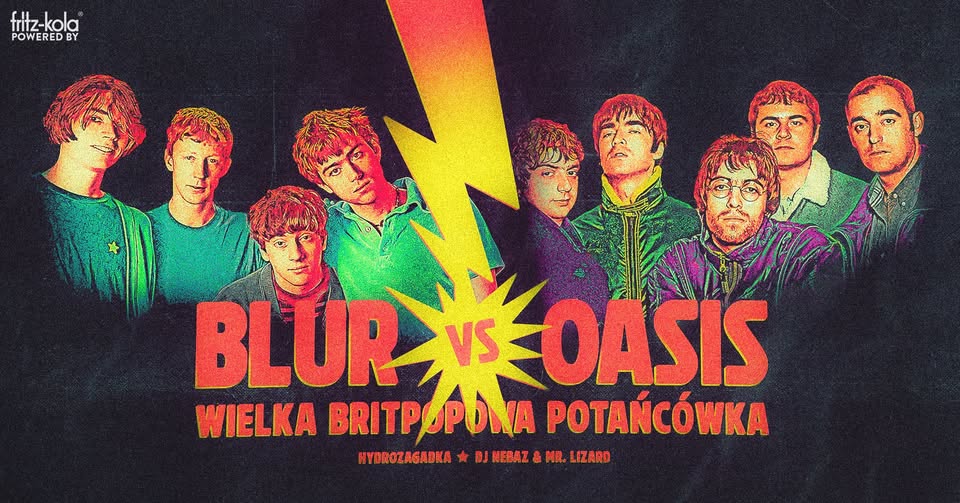
17.01.2025, 19:30
18.01.2025, 00:00 - 20:00
There are various, surprising kinds of silence and no less intriguing attempts to 'sound' it. One of the first concert overtures, that is, a work that is a piece in itself, not preceding a larger form – The Calm Sea and Prosperous Voyage by Felix Mendelssohn-Bartholdy – was inspired by the poetry of Johann Wolfgang von Goethe and arises (contrary to appearances) from the negative experience of helplessness and immobility. Silence at sea for sailors means a lack of wind and a pause in the journey. Fortunately, in this colorful, symphonic tale, the conclusion revealed by the title of the work ends with a safe return to port.
The opposite of silence – the experience of a storm and a downpour – became, three decades ago, an impulse for Eric Whitacre to compose Cloudburst, a composition for choir, piano, and percussion, which is a sonic celebration of the energy released in nature.
To commemorate the 400th anniversary of the invention of the printing press by Johannes Gutenberg, Felix Mendelssohn-Bartholdy composed a monumental cantata for three soloists, choir, organ, and orchestra, posthumously referred to as the II Symphony 'Lobgesang' ('Hymn of Praise'). After an elaborate three-part symphony, a series of vocal-instrumental segments follows, with texts drawn from the Bible, perhaps the most famous book published in the Mainz printing house.
Performers:
National Philharmonic Orchestra
National Philharmonic Choir
Paul Goodwin - conductor
Lydia Teuscher - soprano
Ingrida Gápová - soprano
Benjamin Hulett - tenor
Bartosz Michałowski - choir director
Program:
Felix Mendelssohn-Bartholdy - Concert Overture The Calm Sea and Prosperous Voyage op. 27 [12']
Eric Whitacre - Cloudburst [9']
Felix Mendelssohn-Bartholdy - II Symphony in B-flat major Lobgesang op. 52 [74']
Tickets:
January 17, 2025, 7:30 PM: https://bit.ly/lobgesang1701
January 18, 2025, 6:00 PM: https://bit.ly/lobgesang1801


